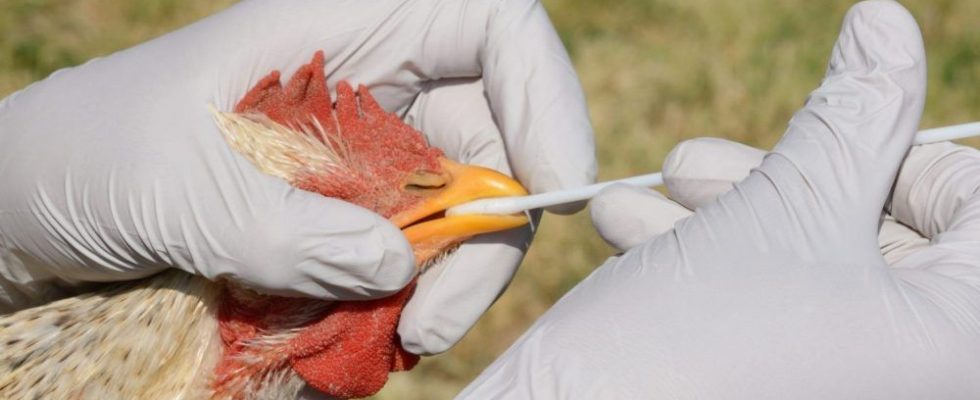With bird cases present in the region, the Haldimand Norfolk-Health Unit is reminding the public to be aware of the dangers of avian flu.
The Canadian Food Inspection Agency has confirmed H5N1 avian influenza in Ontario poultry on a commercial poultry premises in Norfolk County.
Commonly known as bird flu, avian influenza is a type A influenza virus that can infect domesticated and wild birds, such as chickens, turkeys, pheasants, quail, ducks, geese and guinea fowl.
Avian flu currently poses a very low human health risk, except for those in close contact with the infected birds. Transmission to humans isn’t common, especially with the current strain detected, said a news release issued on Thursday by the health unit.
However, the more widespread the virus, the greater the risk of it mixing with a human strain to form more serious and easily transmissible influenza.
Currently, said the release, the risk remains low and Ontario poultry is safe to eat when using proper cooking times, temperatures and handling techniques.
People are reminded to avoid handling live or dead wild birds and take precautions when caring for sick animals. Call the Canadian Cooperative Wildlife Health Center at 1-800-567-2033 to report the finding of sick or dead wild birds or visit CWHC-RCSF, the Canadian Health Cooperative’s website.
If handling sick or dead wild birds or other wildlife is unavoidable, wear gloves or use a lined plastic bag and avoid contact with blood, body fluids and feces. Hands should be washed thoroughly with soap and warm water or use sanitizer.
Those with backyard poultry or other domestic birds are encouraged to review the OMAFRA’s recommendations for small flock owners at omafra.gov.on.ca/english/livestock/poultry/health.html and how to prevent and detect disease in small flocks and pet birds did inspection.canada.ca/animal-health/terrestrial-animals/diseases/backyard-flocks-and-pet-birds/eng/1323643634523/1323644740109 or call the CIFA at 226-217-8022.
